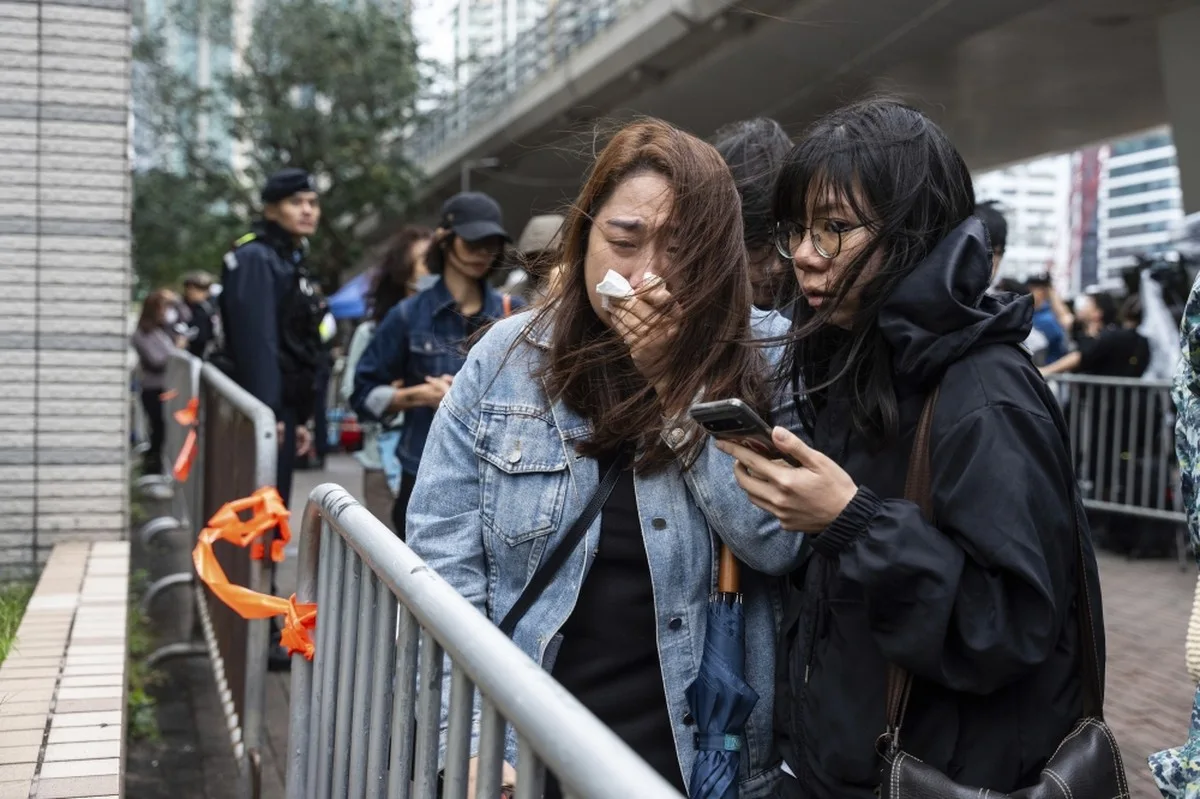19/11/2024
19/11/2024

HONG KONG, Nov 19, (AP): Forty-five ex-lawmakers and activists were sentenced to four to 10 years in prison Tuesday in Hong Kong’s biggest national security case under a Beijing-imposed law that crushed a once-thriving pro-democracy movement. They were prosecuted under the 2020 national security law for their roles in an unofficial primary election.
Prosecutors said their aim was to paralyze Hong Kong’s government and force the city’s leader to resign by aiming to win a legislative majority and using it to block government budgets indiscriminately. The unofficial primary held in July 2020 drew 610,000 voters, and its winners had been expected to advance to the official election. Authorities canceled the official legislative election, however, citing public health risks during the COVID-19 pandemic.
Legal scholar Benny Tai, whom the judges called the mastermind, received the longest sentence of 10 years. The judges said the sentences had been reduced for defendants who said they were unaware the plan was unlawful. However, the court said the penalties were not reduced for Tai and former lawmaker Alvin Yeung because they are lawyers who were "absolutely adamant in pushing for the implementation of the Scheme.”
In the judgment posted online, the judges wrote that Tai essentially "advocated for a revolution” by publishing a series of articles over a period of months that traced his thinking, even though in a letter seeking a shorter sentence Tai said the steps were "never intended to be used as blueprint for any political action.” Two of the 47 original defendants were acquitted earlier this year.
The rest either pleaded guilty or were found guilty of conspiracy to commit subversion. The judges said in their verdict that the activists’ plans to effect change through the unofficial primary would have undermined the government’s authority and created a constitutional crisis. The judges rejected the reasoning from some defendants that the scheme would never have materialized, stating that "all the participants had put in every endeavor to make it a success." The judges highlighted that a great deal of time, resources and money were devoted to the organization of the primary election.


